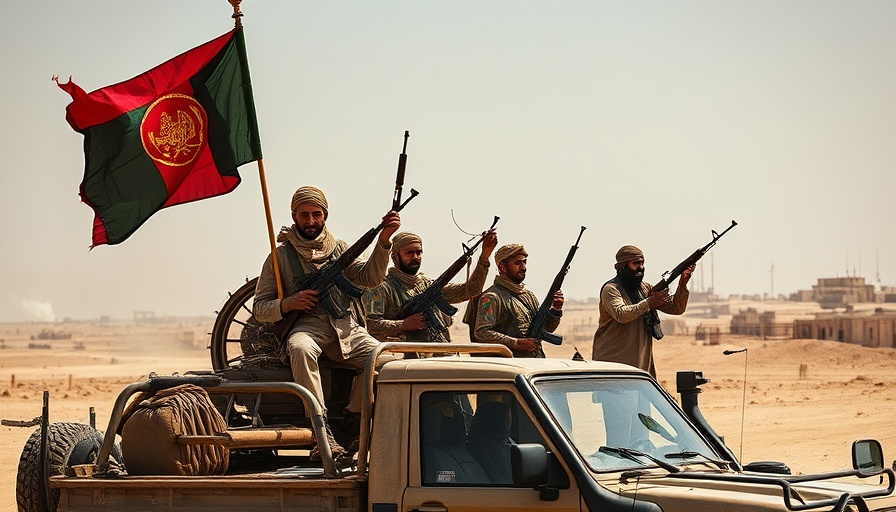
The Legacy of Faith: 70 Years of Bible Smuggling
As we commemorate seven decades of dedicated service by Open Doors, one can't help but reflect on the courageous journey that started in 1955 with Brother Andrew, who defied the odds to smuggle Bibles into Communist Eastern Europe. Today, this legacy is personified by individuals like Daniel, who continues this vital work in regions where the need is most dire.
The Transformative Power of Scripture
Brother Andrew understood profoundly the power that a simple book holds. He once said, "I have seen again and again the Bible’s power to change people from within.” This belief drives the mission of Open Doors, as they strive to bring not just Bibles but hope and transformation to many. The essence of their mission can be summed up in Ephesians 3:20, emphasizing that God is capable of achieving far beyond our imagination, especially in communities where faith is met with hostility and danger.
Facing Risks for Faith
Daniel's own journey into Bible smuggling reflects a commitment forged in risk and sacrifice. Having spent 25 years navigating the challenges inherent in delivering Scripture to believers in the Muslim world, he exemplifies the courage required to continue Brother Andrew's work. Daniel recalls that during his first mission, he learned from local Christians that they were deprived of spiritual nourishment in the form of Bibles. His commitment led him to devise creative means to transmit these life-changing texts to those in need.
A Glimpse into Danger
Each smuggling operation Daniel undertakes is permeated with uncertainty. A particularly harrowing memory stands out: while transporting Bibles through customs, he encountered a new scanner designed to detect hidden goods. The adrenaline surged as customs officials scrutinized his cargo, and with each piercing question, Daniel's heart raced. This particular encounter was a test of faith and composure, embodying the challenges that come with carrying sacred texts into dangerous territories.
The Faithfulness of God Amidst Challenges
Through the risks and challenges, it is the faithfulness of God that Daniel highlights. “Every time I believed I had made a mistake, God came through,” he asserts. This powerful testimony echoes a sentiment familiar to anyone who has faced adversity in their own faith journeys. For many, the assurance that God is present is a source of strength, allowing them to navigate their trials with hope.
Why This Mission Matters Today
The work of Open Doors reaches far beyond mere logistics; it embodies a crucial fight for religious freedom and moral justice in an increasingly polarized world. In many countries, owning a Bible is an act of defiance against oppressive regimes. These regions are often marked by violence and discrimination against believers, making Daniel’s work not only necessary but critical. As advocates of social justice and humanitarian efforts, understanding the context from which these individuals emerge can inspire our own faith actions.
Join the Legacy of Change
For those who feel moved by this mission, there are many ways to become involved. Open Doors invites compassionate supporters to engage in prayer, awareness campaigns, and direct support for persecuted believers. In celebrating 70 years of daring Bible smuggling, consider the impact your involvement could have in continuing to deliver hope where it is most desperately needed.
Every act of support reinforces a vital truth: when we work together, we can stand with those who face persecution for their faith, ensuring that they receive the spiritual nourishment that has the power to transform lives and communities.
 Add Row
Add Row  Add
Add 








Write A Comment